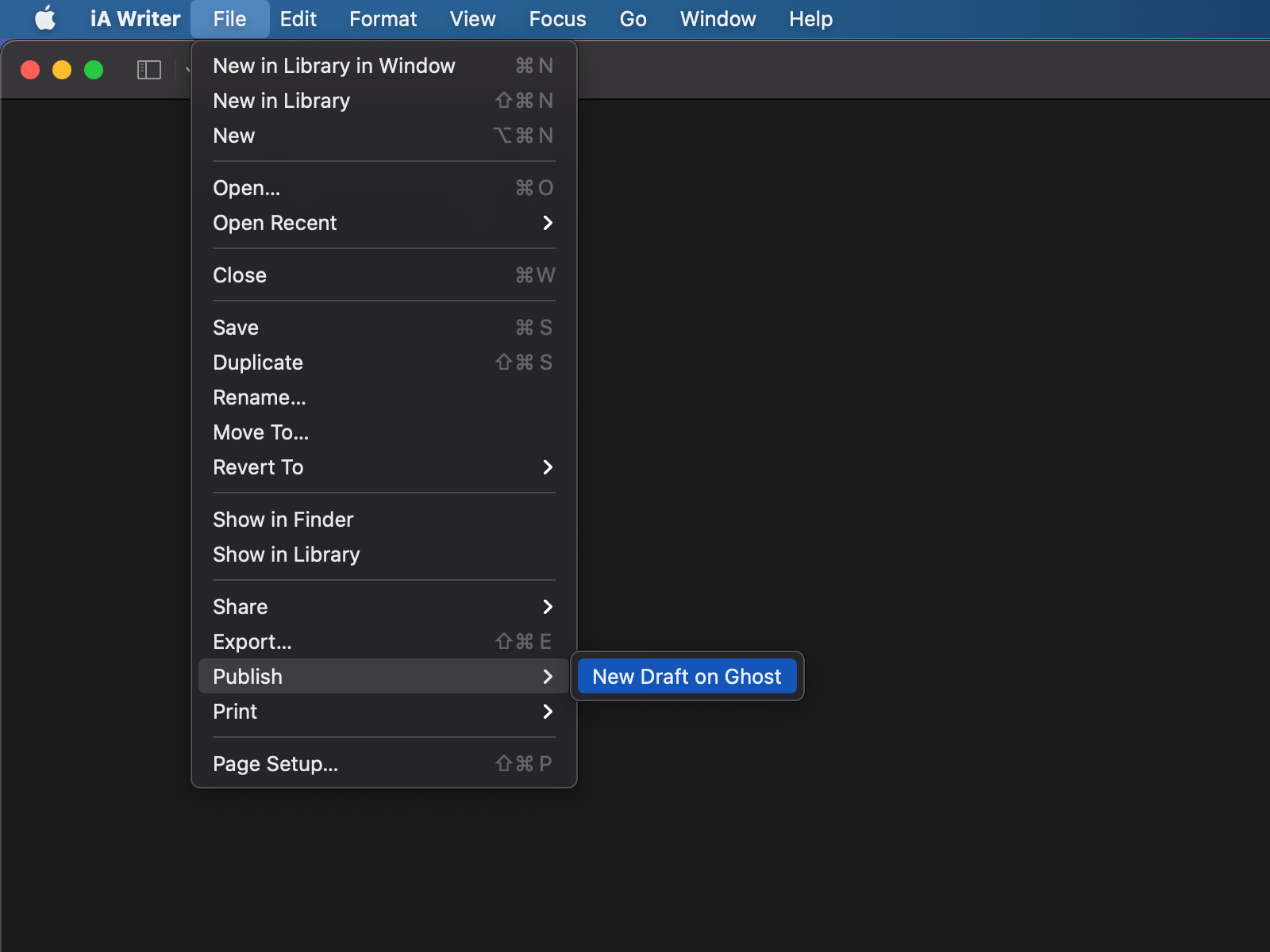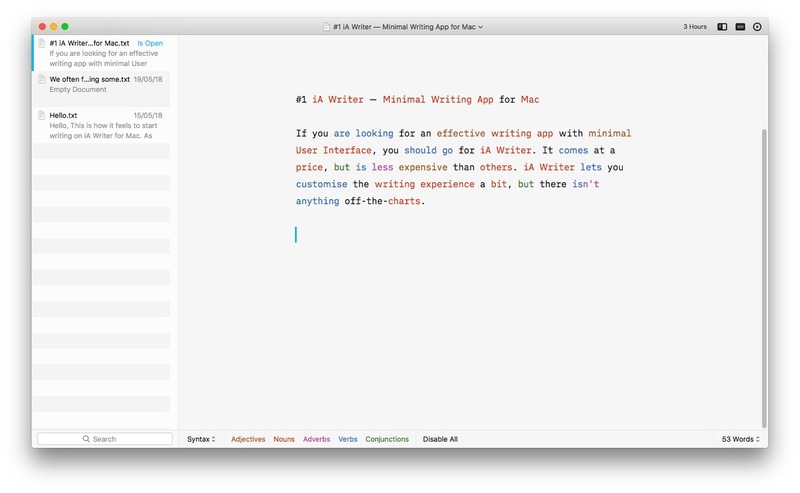
- IA WRITER GITHUB IO SOFTWARE
- IA WRITER GITHUB IO CODE
- IA WRITER GITHUB IO SERIES
- IA WRITER GITHUB IO FREE
It’s heart breaking to see our IP being taken advantage of in this way. Yeh it’s unfortunate they are taking advantage of the tiny percent of dedicated programmers who contribute to open source projects, whom for the vast majority do not make any revenue or anywhere close to what their hours would be worth in a paid position.
IA WRITER GITHUB IO SERIES
This is the first blog post in a series about AI in Visual Studio, so stay tuned for more about GitHub Copilot and IntelliCode and how they can improve your coding and team productivity.
IA WRITER GITHUB IO FREE
Copilot is free for GitHub verified students and maintainers of popular open-source projects. To get started with GitHub Copilot, make sure you are on version 17.4 or later of Visual Studio 2022. IntelliCode and Copilot complement each other and use lots of the same underlying AI/ML technology and APIs. Together with the built-in AI in Visual Studio called IntelliCode, your AI programming partners elevate your coding to the next level. It contains a lot of fixes, tweaks, and other improvements.
IA WRITER GITHUB IO CODE
In Visual Studio, Copilot acts as a pair-programmer making it more joyous to code – and increases your productivity at the same time.Īnd an updated version of Copilot for Visual Studio was just released.

Trained on billions of lines of public code, GitHub Copilot turns natural language prompts including comments and method names into coding suggestions across dozens of languages. OpenAI will continue building on the safety groundwork we laid with GPT-3-reviewing applications and incrementally scaling them up while working closely with developers to understand the effect of our technologies in the world.GitHub Copilot uses OpenAI Codex to suggest code and entire functions in real-time right from your editor. During the initial period, OpenAI Codex will be offered for free.

We’re now making OpenAI Codex available in private beta via our API, and we are aiming to scale up as quickly as we can safely. But we know we’ve only scratched the surface of what can be done. We’ve successfully used it for transpilation, explaining code, and refactoring code. OpenAI Codex is a general-purpose programming model, meaning that it can be applied to essentially any programming task (though results may vary). The latter activity is probably the least fun part of programming (and the highest barrier to entry), and it’s where OpenAI Codex excels most. Once a programmer knows what to build, the act of writing code can be thought of as (1) breaking a problem down into simpler problems, and (2) mapping those simple problems to existing code (libraries, APIs, or functions) that already exist. OpenAI Codex empowers computers to better understand people’s intent, which can empower everyone to do more with computers.
IA WRITER GITHUB IO SOFTWARE
OpenAI Codex has much of the natural language understanding of GPT-3, but it produces working code-meaning you can issue commands in English to any piece of software with an API. GPT-3’s main skill is generating natural language in response to a natural language prompt, meaning the only way it affects the world is through the mind of the reader. It has a memory of 14KB for Python code, compared to GPT-3 which has only 4KB-so it can take into account over 3x as much contextual information while performing any task. OpenAI Codex is most capable in Python, but it is also proficient in over a dozen languages including JavaScript, Go, Perl, PHP, Ruby, Swift and TypeScript, and even Shell. OpenAI Codex is a descendant of GPT-3 its training data contains both natural language and billions of lines of source code from publicly available sources, including code in public GitHub repositories.


 0 kommentar(er)
0 kommentar(er)
